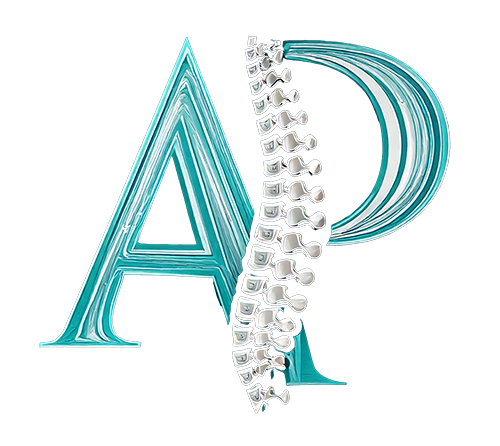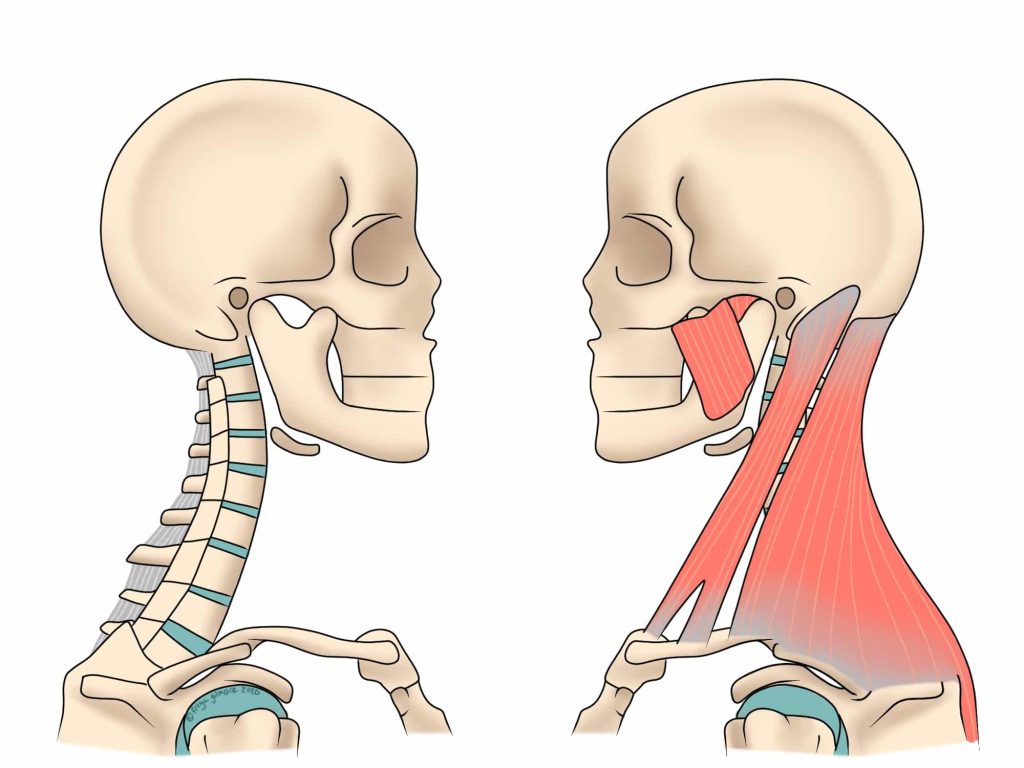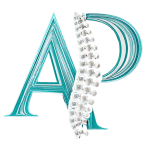Neck Pain
As with lower back pain, there are a number of causes for neck pain that your osteopath can help with.
Muscle pain
One major cause of neck pain is tight or strained muscles. Any prolonged position will be uncomfortable for muscles in the short term. If this position becomes a usual position over days and weeks, the muscles will adapt for efficiency. This means shortening, or tightening the muscles that are rarely stretched.
There is an increased demand on muscles when the head is not held in a neutral position. Looking down at a phone or low computer screen puts as much of a requirement through the neck as if your head was twice as heavy- or more.
Muscles will also react to other causes of pain as the body tries to protect itself. Most people with neck pain will also have some tightness in the neck, regardless of the original cause. This can lead to headaches.
Joint pain
Off to the side of each vertebra is a joint that connects it to the one above, and another that connects it below. These joints are small but they can be quite painful if irritated. Sometimes they might lock up in response to a problem with another structure in the neck, which can cause muscle tightness that perpetuates the cycle. The tight muscle keeps the joint stiff, so the discomfort causes the muscle to stay tight. We have a range of techniques from gentle cranial techniques and acupuncture to quick manipulations.
Neck pain from arthritis
Osteoarthritis and rheumatoid arthritis can both affect the small joints of the neck. Even when it’s uncomfortable, one of the best things you can do to manage this is keep it moving. It can be really helpful to see your osteopath for guidance with this. When we are in pain, we might worry about causing damage if we push through the pain. Osteopaths can help you find a good balance of movement and discomfort to manage the symptoms of your arthritis.
Intervertebral discs
Like back pain can be caused by a problem with a disc, the same is true in the neck. If the fibrous outer layer of a disc is weakened (which is not unusual), the soft layer inside can push against it and cause a small bulge. Discs themselves are not as sensitive as things like muscles. It is possible to have a disc bulge without any symptoms at all.
If the bulge pushes on a nerve, it can cause pins and needles, numbness, weakness, or pain. The lower nerves leaving the neck actually supply the arms, so a “trapped nerve” in the neck could be the cause of symptoms in the hand. Only the first few nerves in the neck supply the head, and when they’re irritated they can cause headaches.
Disc problems sound worse than they are. We work to find the original cause of a bulge, which may be something further afield like stiffness in the upper back. By addressing issues that have caused the disc to overwork in the first place, we give the disc space to heal and reduce the chance of it happening again.
Ligament sprains
This can be as simple as a cricked neck, or the cause may have been more traumatic. Mild ligament sprains are classified as an injury where under 10% of the ligament’s fibres have been damaged. They tend to resolve within a month, but you’re welcome to make an appointment to try and speed up recovery or work out why it happened in the first place.
More significant ligament sprains can take a few months to heal. Blood supply to ligaments is poor, which limits their capacity to recover quickly. However your osteopath can work around the whole area to help keep fluids moving and give the injury the best environment possible to heal.
It is important to keep moving your neck even after an injury. Neck braces and collars are not recommended for the vast majority of neck sprains. Loading the tissue within a safe limit will encourage the fibres to knit back together stronger.
Managing neck pain
All four of these structures are within your osteopath’s remit. We have a range of techniques to suit any patient with any problem: we don’t just “click necks”! If you prefer a more gentle approach, we can provide that too.
An important part of your treatment plan will include self management. Alongside your diagnosis and prognosis, we can advise you on how to manage between appointments with an exercise plan and other advice.
See how we can help with your neck pain, book in now.


